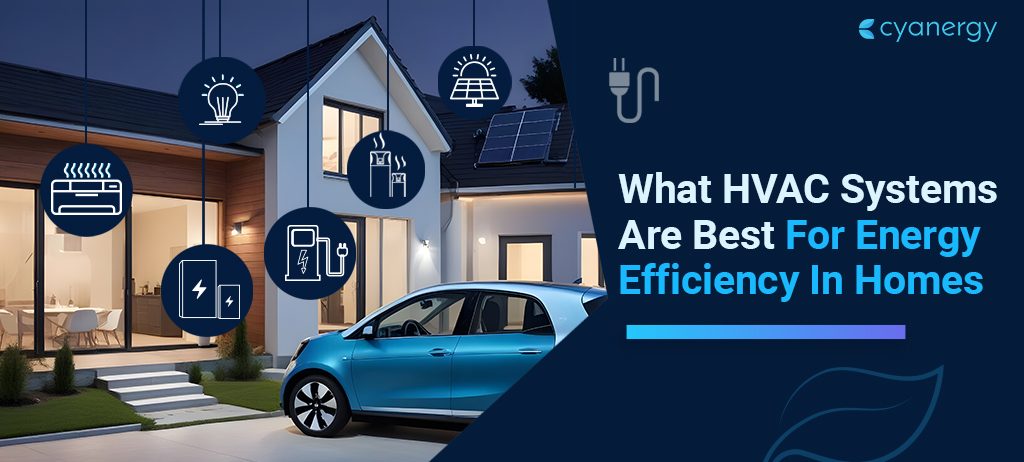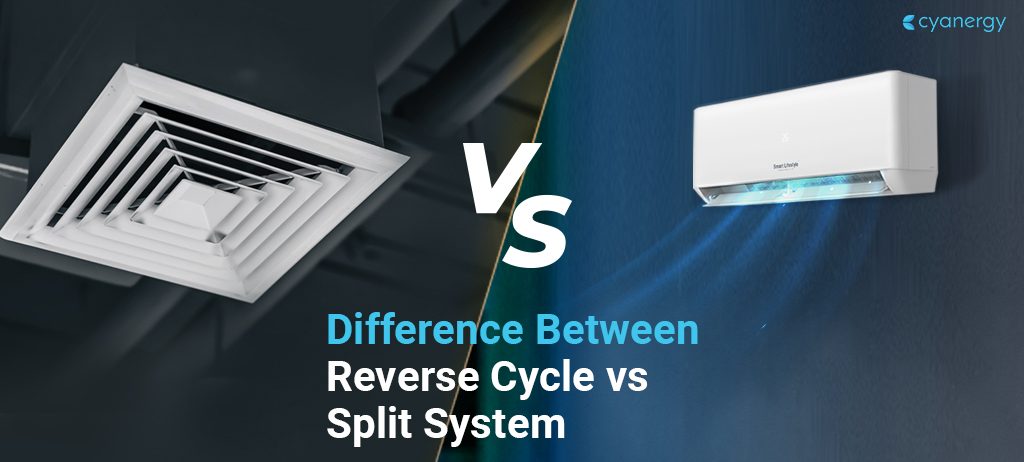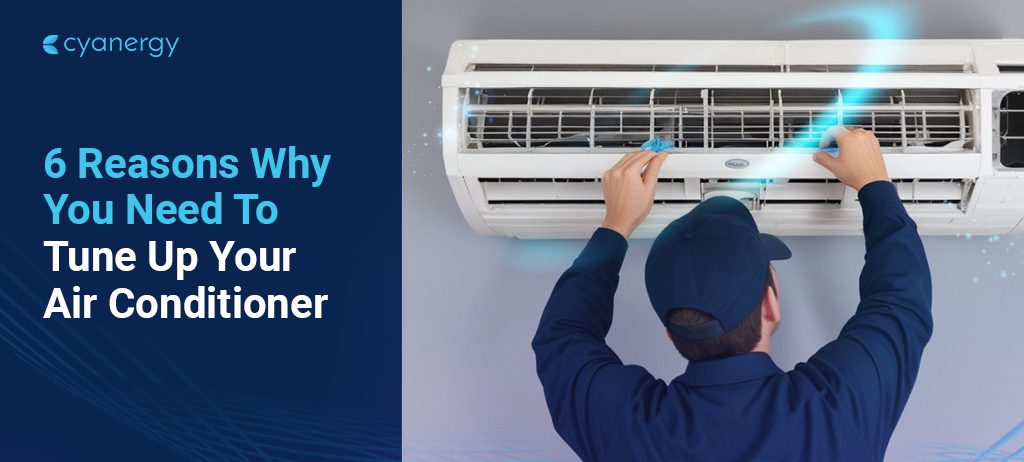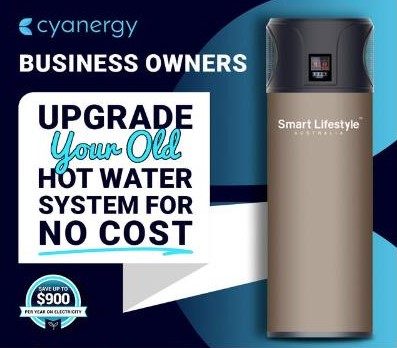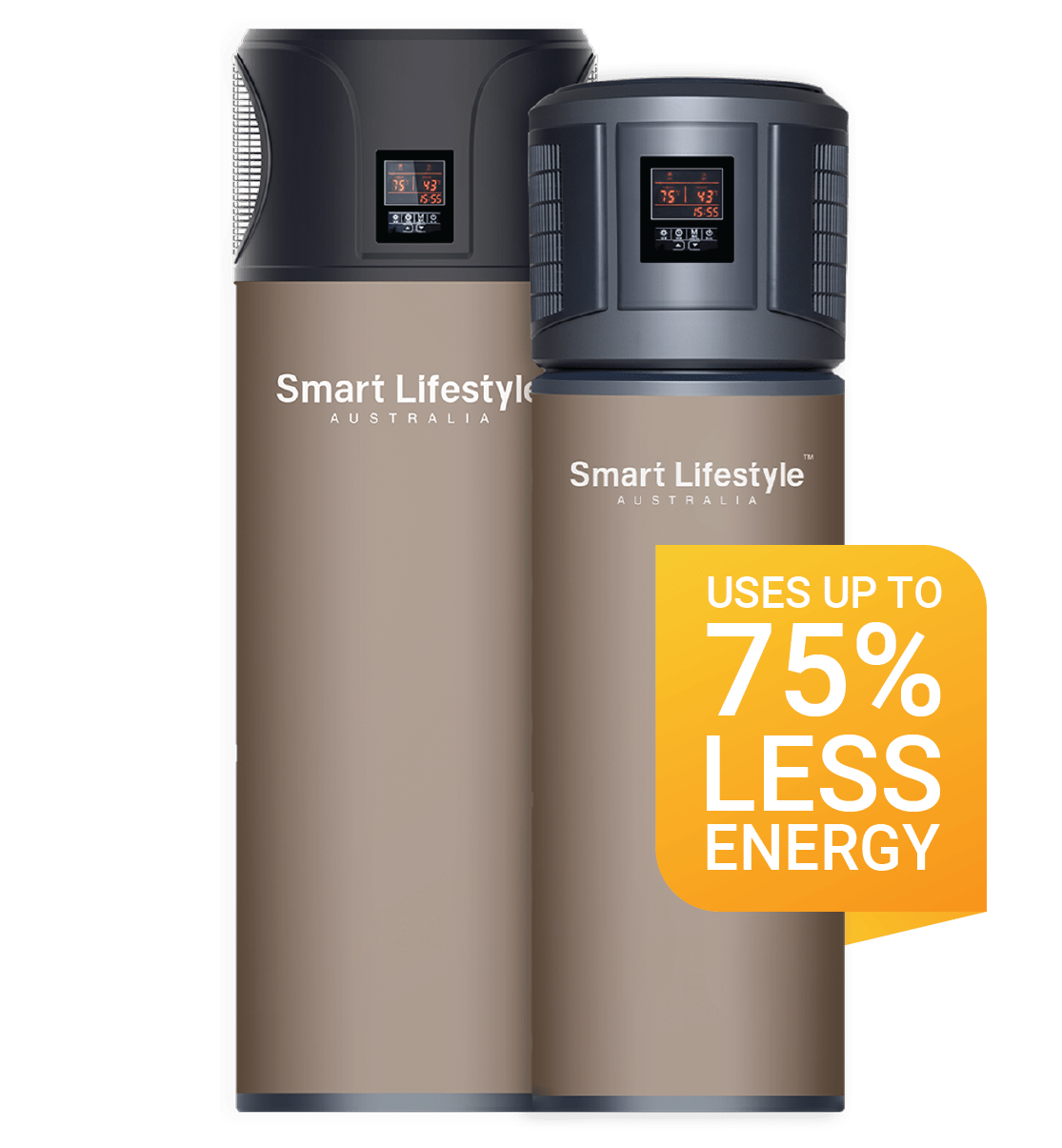In the quest for sustainable energy solutions, commercial solar battery storage systems have emerged as a game-changer for businesses seeking to reduce their reliance on the grid and embrace renewable energy sources. These systems seamlessly store excess energy generated from solar panels, providing a reliable backup during outages and significantly cutting down electricity bills.
However, like any other sophisticated technology, commercial solar battery storage systems require regular maintenance to ensure optimal performance and longevity. In this comprehensive guide, we will walk you through the essential maintenance practices that every business owner should be aware of before investing in a commercial battery storage system.
The Components of Commercial Solar Panel System
Here are the components that make a commercial solar panel system under which the solar battery storage system plays a significant role. Take a look-
- Solar Panels: Convert sunlight to electricity.
- Mounting Structures: Secure panels in place.
- Inverter: Converts DC to usable AC power.
- Racking and Mounting: Supports panels securely.
- Wiring and Connectors: Transfer electricity efficiently.
- Electrical Panel: Integrates solar energy with the building’s grid.
- Monitoring System: Tracks system performance.
- Optional Battery Storage: Stores excess energy.
- Safety Components: Ensure system safety and functionality.
The Basics: How Commercial Solar Battery Storage Works
Before we dive into maintenance requirements, it’s essential to understand how commercial solar battery storage systems operate. These systems work by storing excess electricity generated by solar panels during periods of high sun exposure. This stored energy can then be utilized when sunlight is scarce, such as during the night or on overcast days.
Wondering how long do solar batteries last? Somewhere between 5 to 25 years, if you take proper care of them.
That is it with the simple explanation and here is the science of solar batteries for those who are interested-
A solar battery, also known as a solar energy storage system, operates on the principle of charge and discharge. When sunlight is available, solar panels convert it into electricity, which is used to charge the battery through electrochemical reactions. This process involves the movement of charged particles, or ions, between the positive and negative electrodes of the battery, converting electrical energy into chemical energy for storage.
During periods of high energy demand or when solar panels aren’t producing, the stored energy is converted back into electricity and made available for use. The battery management system (BMS) plays a critical role in monitoring and regulating the battery’s performance, ensuring it operates efficiently and safely. While no system is perfectly efficient, solar batteries provide a reliable and sustainable source of power, contributing to a more sustainable energy ecosystem.
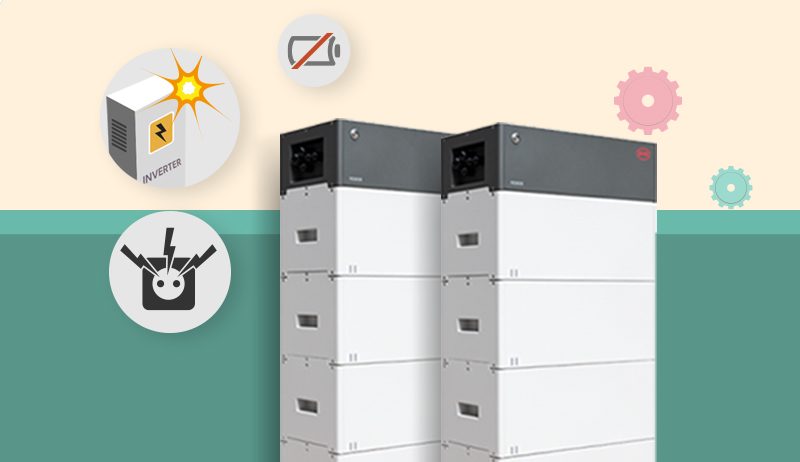
Do They Need Maintenance?
The short answer is yes, commercial solar battery storage systems do require maintenance. While they are generally low-maintenance compared to other power storage solutions, regular upkeep is crucial to ensure they operate efficiently and have a long lifespan.
Also, how often should commercial solar systems be serviced?
For optimal return on investment, it is advisable to have CEC-certified professionals inspect the system at least once annually.
Types of Maintenance Required
Visual Inspection
Regular visual inspections are essential to identify any obvious signs of wear and tear. This includes checking for loose connections, signs of corrosion, or any physical damage to the battery enclosure.
Temperature and Ventilation
Maintaining the proper operating temperature is crucial for the efficiency and lifespan of a battery storage system. Ensure that the storage location is well-ventilated and within the recommended temperature range specified by the manufacturer.
Capacity Testing
Periodically testing the capacity of the battery is important to ensure it can hold and deliver the expected amount of energy. This can be done using specialized equipment or through monitoring software provided by the manufacturer.
Software Updates
Many modern commercial solar battery storage systems come with integrated software that may require occasional updates. These updates often include improvements in performance, safety features, and bug fixes.
Cleaning Requirements
Keeping the battery and its surroundings clean can prevent dust and debris from affecting its performance. A gentle wipe-down with a clean, dry cloth can be sufficient.
Electrolyte Levels (for some types)
If your system uses a lead-acid battery, checking and maintaining the electrolyte levels is crucial. This ensures proper chemical reactions and prolongs the battery’s life.
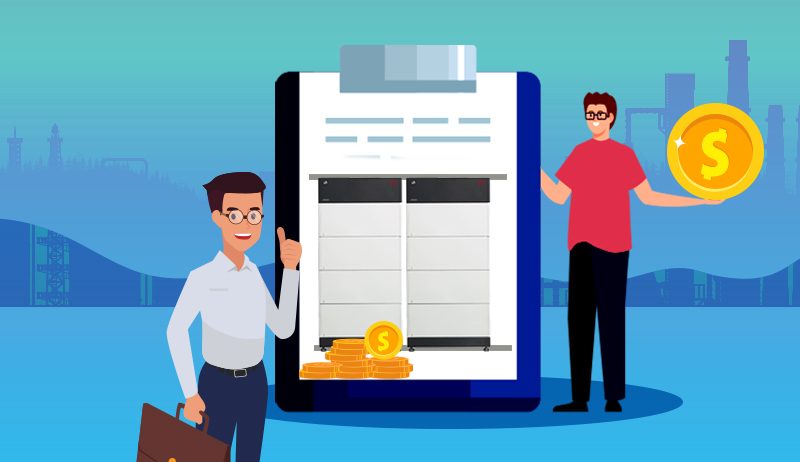
Additional Topics to Consider for Commercial Solar Battery Storage Maintenance
Testing and Calibration
Regularly test the battery capacity to ensure it meets performance expectations. Calibrate the system as needed to optimize efficiency.
Checking for Physical Damage
Inspect all components for any signs of physical damage, such as cracks, dents, or water ingress.
Assessing Performance Metrics
Regularly review performance data from the monitoring system. Address any noticeable declines in energy production promptly.
Preventative Measures
- Implementing Regular Checklists: Create a detailed maintenance checklist and schedule to ensure all tasks are performed systematically.
- Weather Considerations: Take precautionary measures during extreme weather conditions, such as securing panels and checking for water damage.
- Temperature and Humidity Control: Maintain optimal environmental conditions to prolong the lifespan of the battery bank and other components.
- Security Measures: Implement security protocols to safeguard the system against vandalism or theft.
- Most common issues with commercial solar battery systems: Capacity Degradation. Monitor battery performance over time and plan for potential replacements as needed.
Cell Imbalance
Regularly check battery cells for discrepancies in charge levels and address any imbalances.
Wiring and Connection Problems
Inspect all wiring for wear, corrosion, or loose connections. Repair or replace as necessary.
Battery Replacement Strategies
Develop a proactive plan for battery replacements based on performance data and manufacturer recommendations.
Software and Firmware Updates
Regularly update system software and firmware to benefit from the latest performance enhancements.
Cost Considerations
Budget for routine maintenance and factor in potential replacement costs for batteries and inverters over time.
Sustainability and Environmental Impact
Dispose of old components responsibly and explore recycling options to minimize environmental impact.
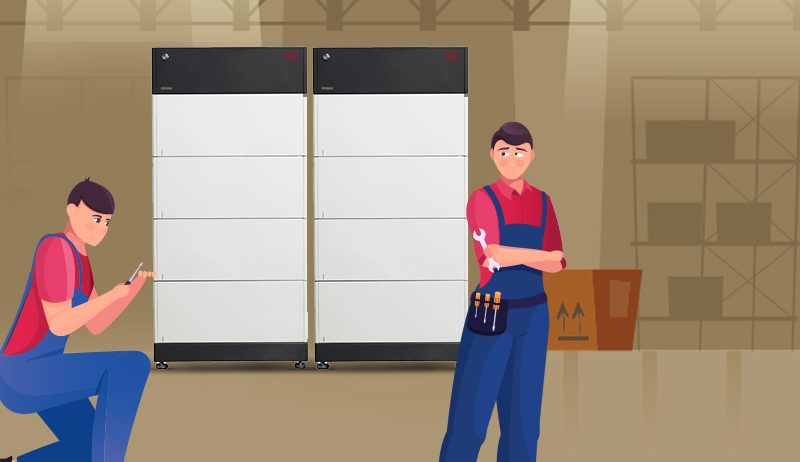
Importance of Professional Maintenance
While some basic maintenance tasks can be performed by business owners or facility managers, it’s advisable to involve a certified technician or the manufacturer’s recommended service provider for more complex tasks. They have the expertise and tools to conduct thorough inspections and address any potential issues effectively.
In conclusion, yes, commercial solar battery storage systems do require maintenance. Regular upkeep ensures they function optimally, have a longer lifespan, and provide reliable backup power when needed. By investing time and resources into proper maintenance, businesses can maximize the benefits of their solar battery storage systems while minimizing the risk of unexpected failures.
